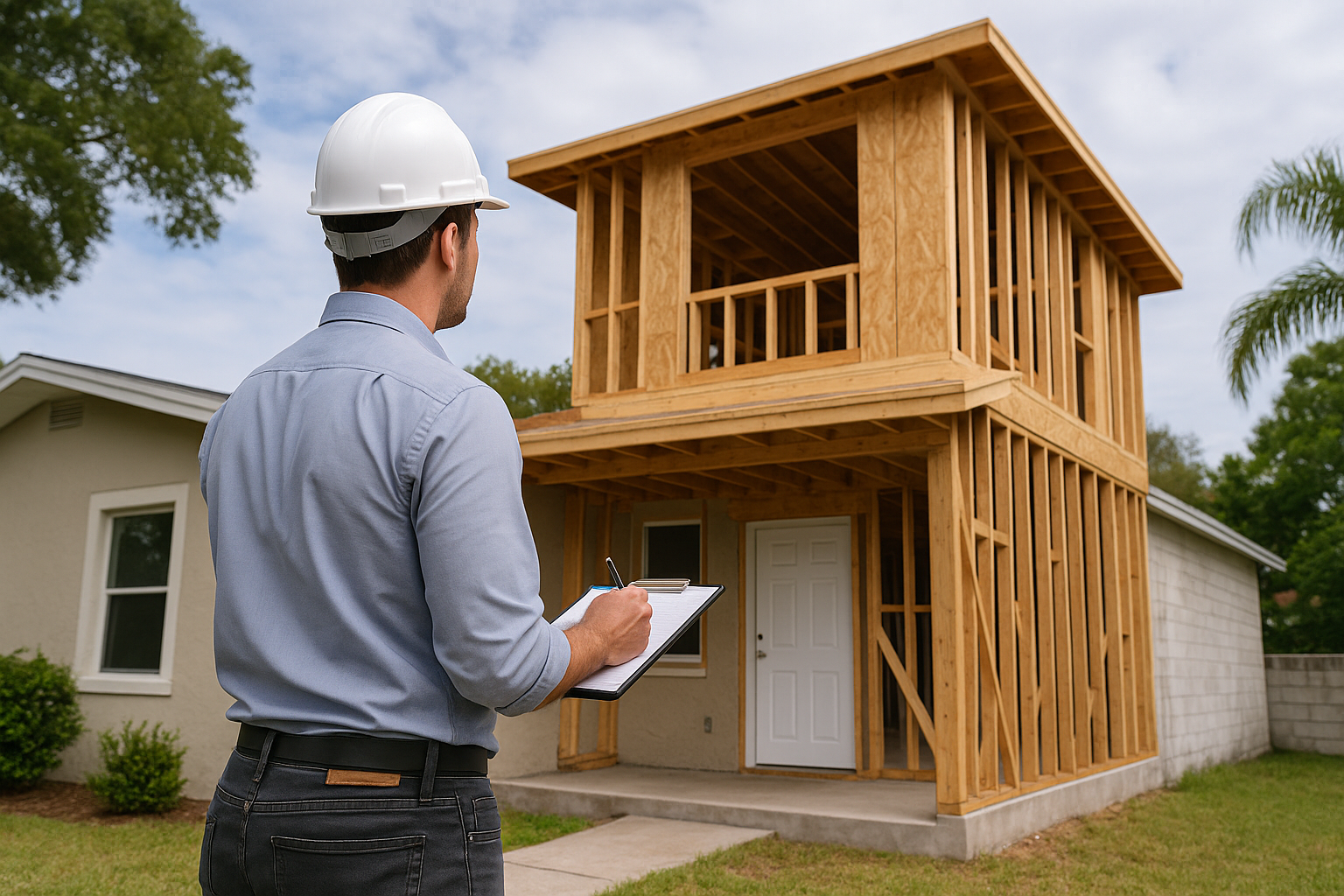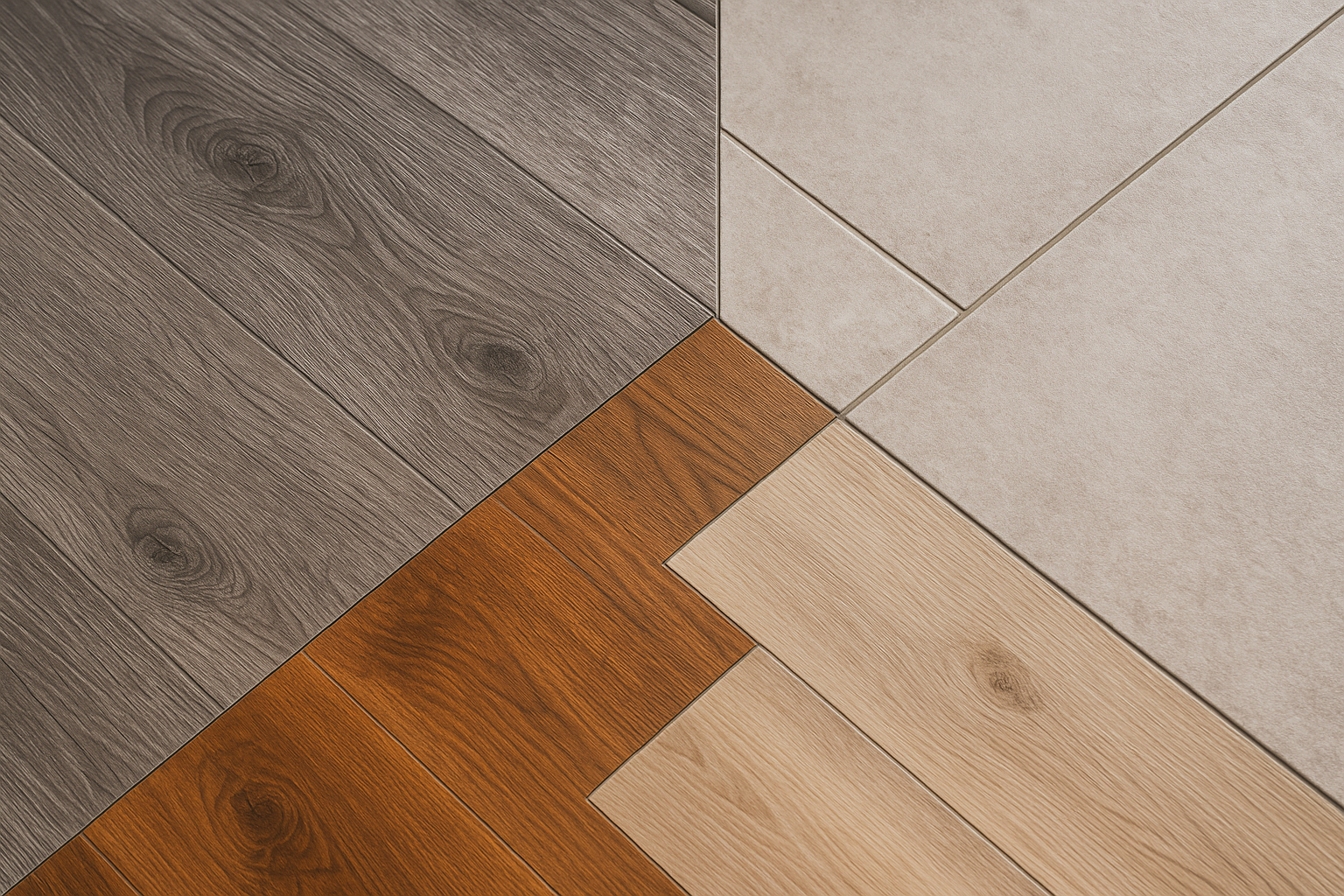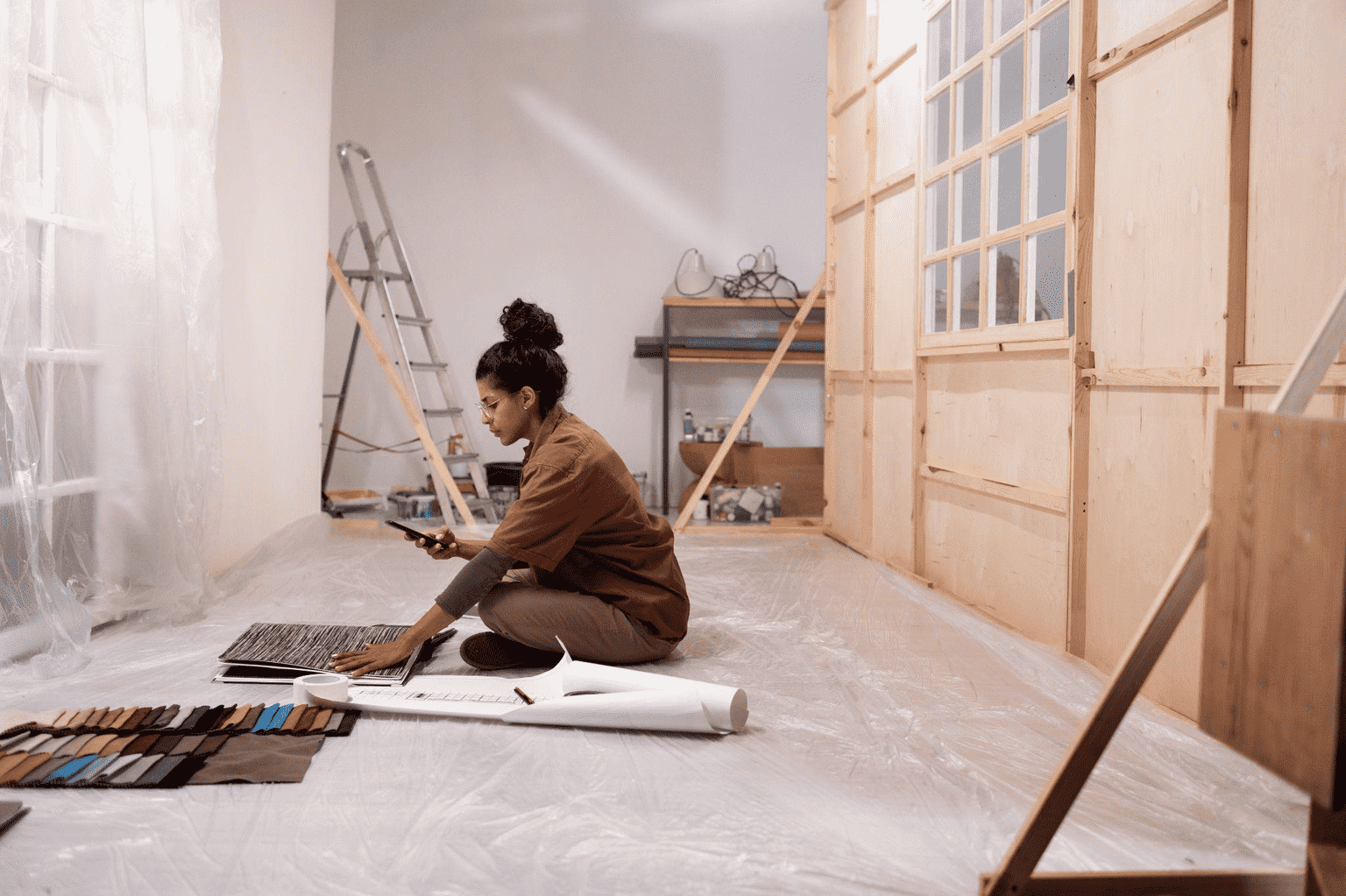By using our website, you agree to the use of cookies as described in our Cookie Policy
a
Rss Feed
What to Verify Before Closing on Your New Construction Home
Closing on a new construction home should feel like a win—not a warning sign. But that final stretch is where details matter most. If you want a smooth move-in and lasting peace of mind, you need more than a walkthrough—you need a plan. This isn’t about catching dust on a windowsill. It’s about protecting your investment from the things that don’t show up until it’s too late. From inspections to overlooked risk points, here’s what to check before you accept those keys.
Know When to Get Independent Eyes
One of the most common mistakes buyers make is assuming the builder’s inspector is on their side. But in reality, buyers should schedule inspections before the final walkthrough happens. Independent inspectors can catch critical flaws that builders may not disclose—or may not notice at all. Ideally, you should inspect before drywall is installed, and then again just before closing. These aren’t duplicate efforts—they reveal entirely different risks. Pre-drywall reveals what’s inside the walls; final inspection ensures cosmetic and functional finish. Think of them as before-and-after checkpoints on the builder’s promises.
Double-Check Before You Sign Off
The final walk-through is more than a formality—it’s a safeguard. Somewhere between the rush to close and the relief of completion, many buyers skip over what is your last chance before closing. Small defects like cracked tiles, sticky doors, or missing screens often go unnoticed, and once you sign, the burden of fixing them shifts to you. You should walk through with a copy of your contract, a phone camera, and zero assumptions. Appliances should be verified for make and model. Every window should open and close. If something feels unfinished or off-spec, you need it logged before the papers are.
Lock In Peace of Mind with a Warranty
Most builders offer some form of warranty, but they vary widely in length and coverage. That’s why it’s worth exploring an additional third-party policy—especially one that covers structural systems. For anyone closing on a new construction home, it makes sense to consider this option. Once builder responsibilities expire, the cost of foundational issues shifts entirely to you. A structural warranty gives you leverage if something cracks, shifts, or fails months—or even years—down the line. It's less about fear and more about future-proofing your investment.
Respect the Full Walkthrough Sequence
New builds typically come with multiple builder walkthroughs, but they’re only valuable if you show up ready to participate. In between pre-drywall checks and orientation day, you’ll be asked to follow walkthrough milestones carefully. This means showing up with a checklist, reviewing any prior punch-list items, and being ready to spot more. Keep in mind—“orientation” isn’t a show-and-tell, it’s a contractual checkpoint. Ask how things work, but also ask what’s covered if they break. Document every open item you see, and confirm timelines for repair. These milestones aren’t ceremonial—they’re checkpoints for accountability.
Verify the Build from Foundation to Finish
Even the cleanest finishes can hide serious structural problems. This is why it's smart to check every phase of construction progress. Foundations, framing, insulation, electrical layout—these things should all be evaluated at the appropriate construction milestones. You can’t inspect quality after drywall has gone up. Without a phased approach, you’re gambling that nothing went wrong behind the scenes. Each inspection builds a timeline of documentation and accountability. It’s the only way to verify your home was built to last—not just to look good on closing day.
Know Where the Real Damage Hides
On the surface, new homes shine—but look deeper, and you’ll often find the imperfections that time will expose. The wise move is to act early and don’t let buried flaws catch you off guard. Leaks behind walls, warped framing, loose wiring—these aren’t hypothetical risks, they’re common ones. A good inspector looks in cabinets, under sinks, inside attic hatches, and behind every appliance. If your final walk-through is purely visual, you’ve missed your best opportunity for leverage. Hidden damage becomes your financial burden once the ink is dry.
Act While the Walls Are Still Open
The pre-drywall window is narrow but critical. Builders may not push it, but you should absolutely inspect before drywall seals surprises inside. Once it’s sealed up, so are your chances to catch incomplete insulation, crossed wires, or misplaced vent lines. Pre-drywall inspections give you direct visibility into how the house is really put together. Photos and detailed notes from this stage can save you thousands later. Think of it as an x-ray of your future investment—one you won’t get twice
The days before closing aren’t just busy—they’re critical. Every missing detail, unchecked repair, or unasked question could become your problem tomorrow. So take the time. Verify everything. Document what’s incomplete. And don’t rely on assumptions or promises. Close clean, or don’t close yet.
Discover how Rose Building Contractors can transform your home into a masterpiece with their expert custom home building and renovation services in Largo, FL and beyond!
Image via Pexels
‹ Back






.png)
